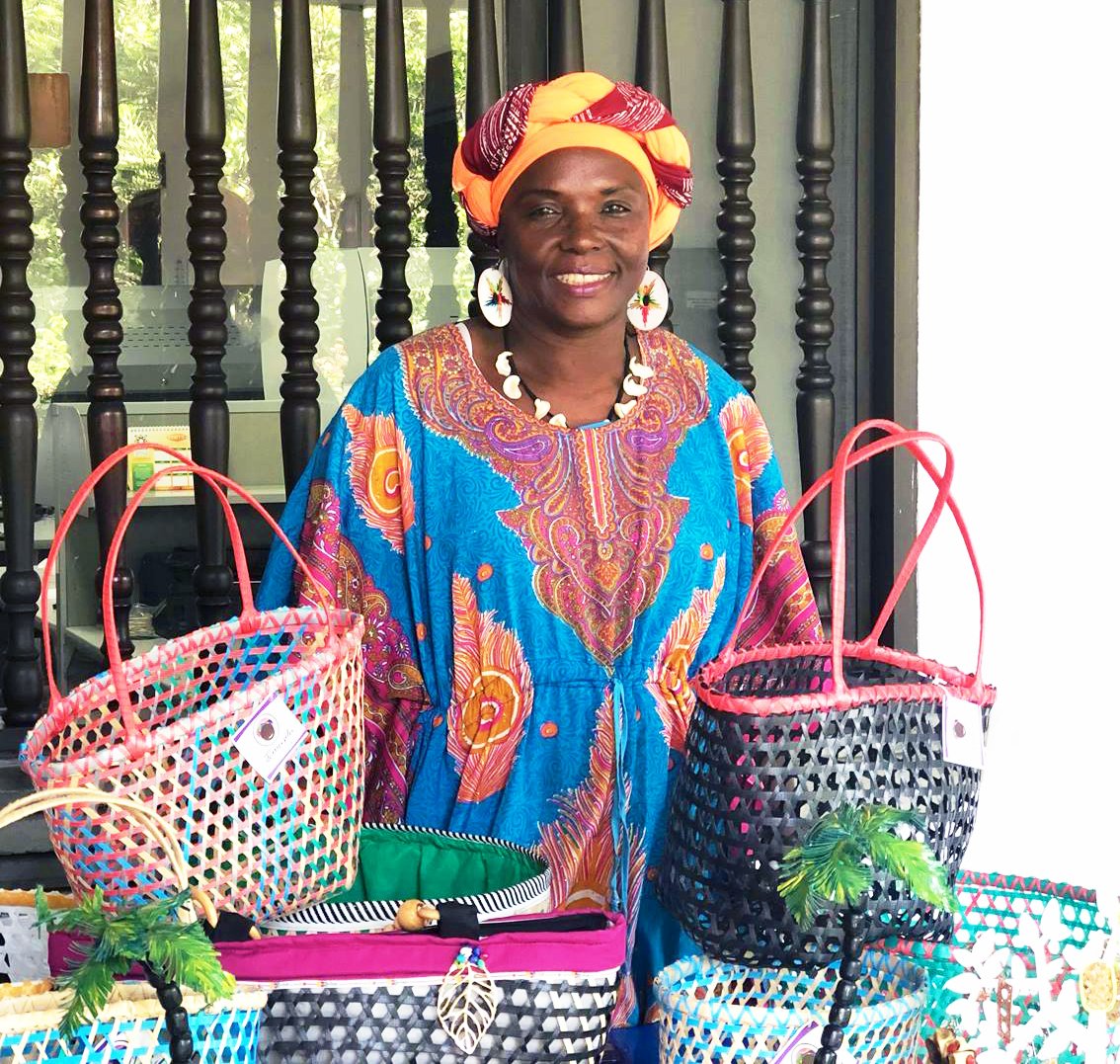Micro-entrepreneurs, big market gains
Story

Walk into a D1 supermarket in Cali, Colombia and you can find beautiful necklaces, earrings and other accessories hand-crafted by Emily Delgado, a young micro-entrepreneur.
Emily is one of 100 micro-business owners benefitting from a pilot project that helped small businesses become key vendors of large enterprises.
“It has been something extremely positive,” says Emily. “We successfully closed a deal with the D1 convenience stores. They were very kind. They made the payment process easier, the delivery system, everything. It was an absolutely unforgettable experience.”
Cuso International’s Sustainable Colombian Opportunities for Peacebuilding and Employment (SCOPE) project partnered with the Economic Development Secretary of the city of Cali and Fundación Carvajal for the six-month inclusive supply chain initiative.
An inclusive supply chain is a series of links that connect all the pieces involved in getting a product from creation to consumers—including producers, suppliers, transporters, processors, buyers, retailers, restaurants and supermarkets.
Of the 100 micro-entrepreneurs who participated, half had closed deals with large businesses by the end of the pilot in December 2018 and 540 jobs had been created. Management, accounting and technical skills were also increased among the participants.
“I didn’t know how to manage accounts and calculate the right price for each product. The initiative was key to strengthen my management and financial skills,” says Tomasa Quiñones, who runs her own basket weaving business.
Working as a Gender and Social Inclusion Advisor, Cuso volunteer Maria de Brigard closely collaborated with Fundación Carvajal to create a diversity and social inclusion policy. “Formalizing the policy aims to generate true and effective social inclusion for those people who historically have not had access to the same opportunities and benefits as others in society,” she says.
The next step is to replicate the project in other areas. The goal is to see more micro-entrepreneurs become competitive in the market, says Angélica Mayolo, Secretary of Economic Development of Cali. “If we keep working on these kinds of initiatives, we will be able to have an impact on more people.”
Cuso’s main objective in Colombia is to promote social inclusion through the sustainable economic development of communities in situations of poverty and vulnerability. To date, Cuso’s SCOPE project has benefited more than 8,000 people through its training and job placement initiatives.